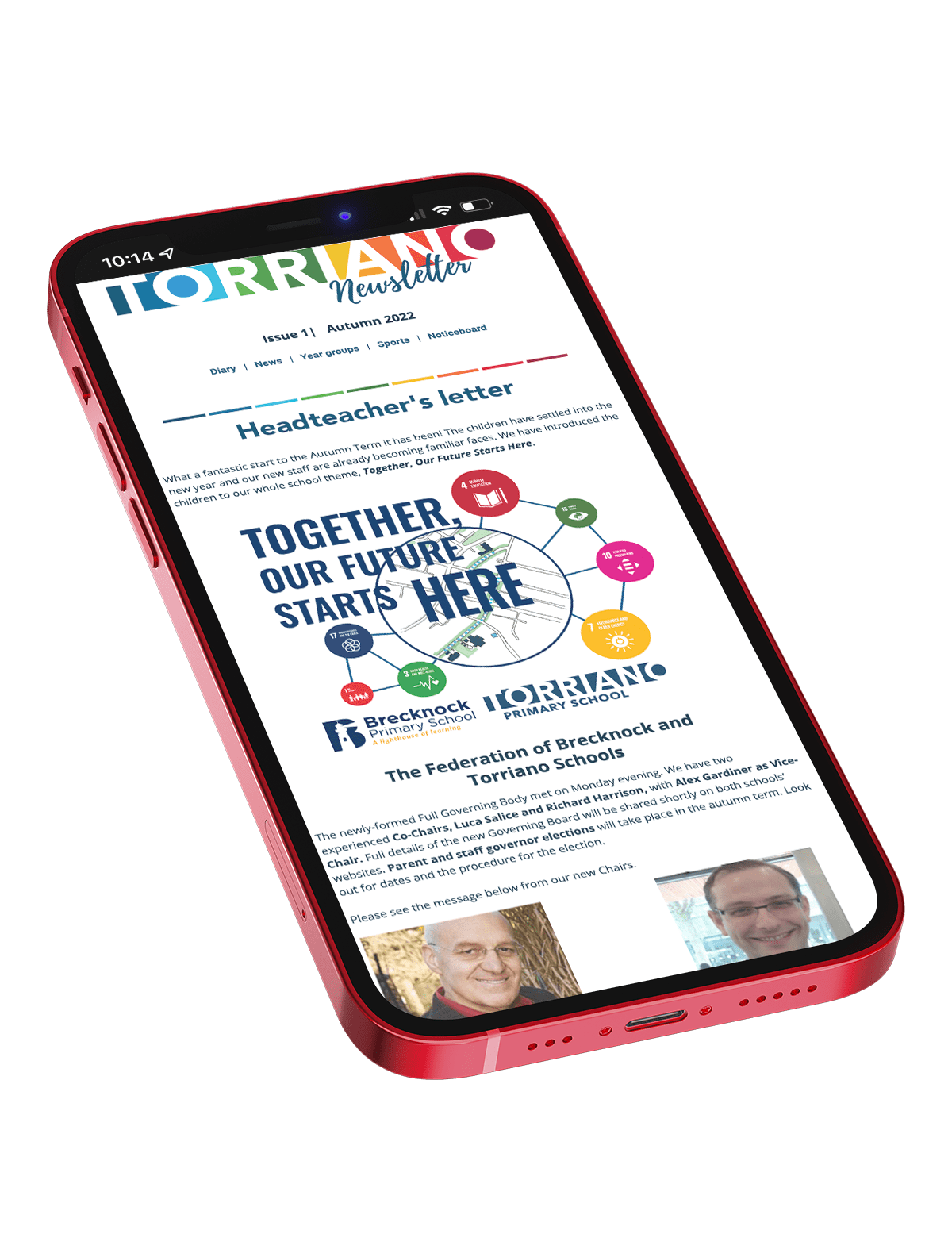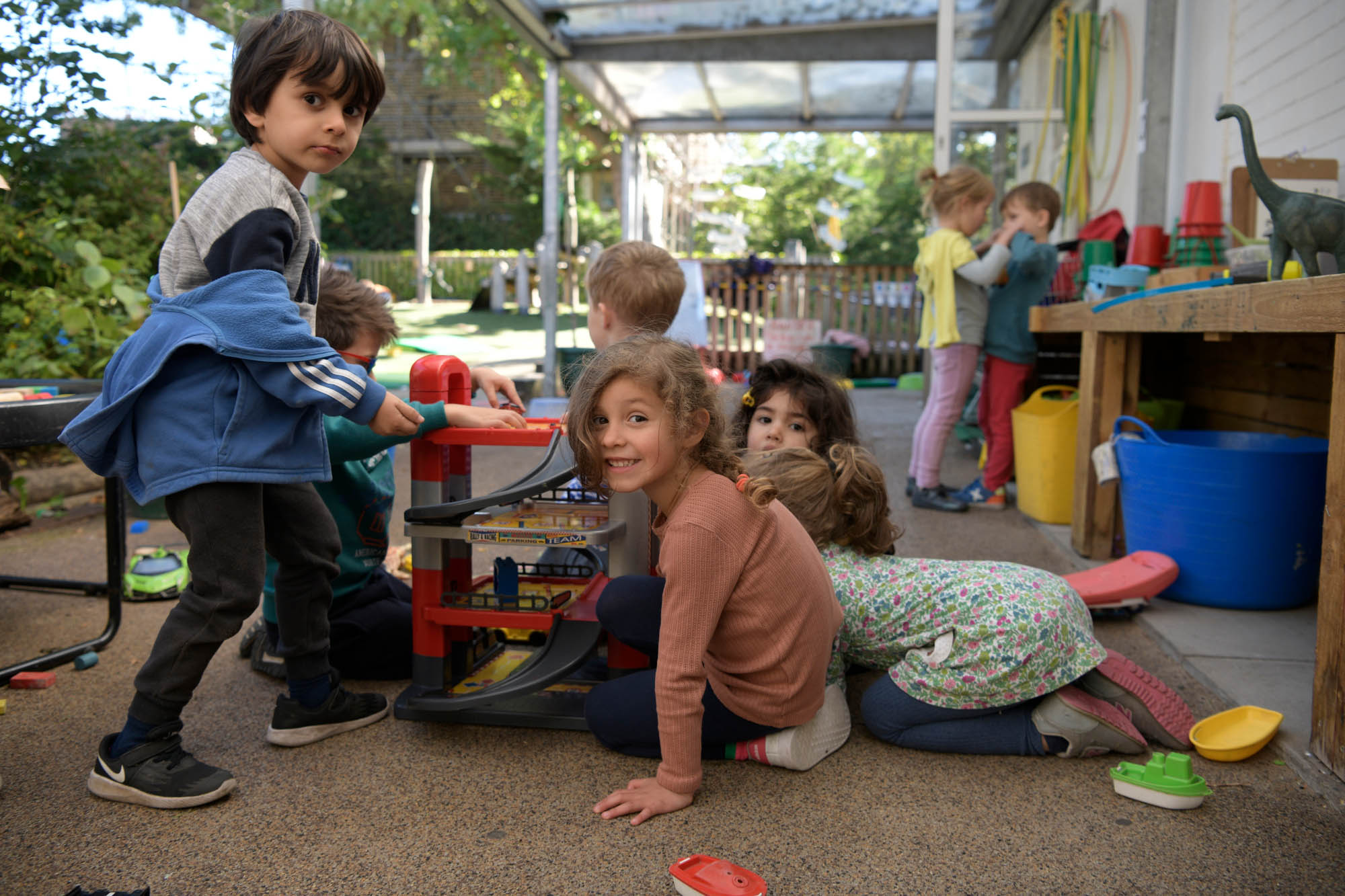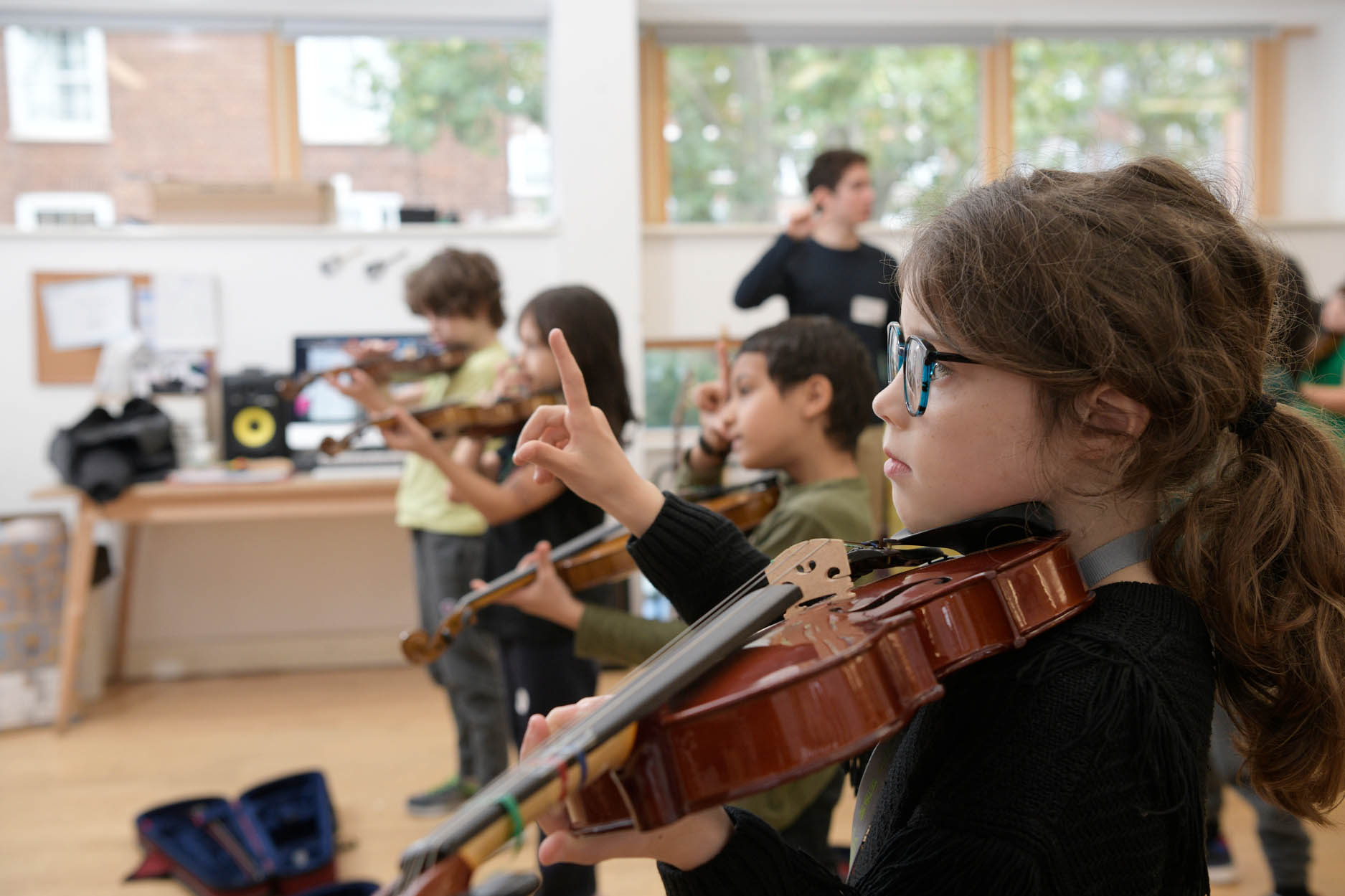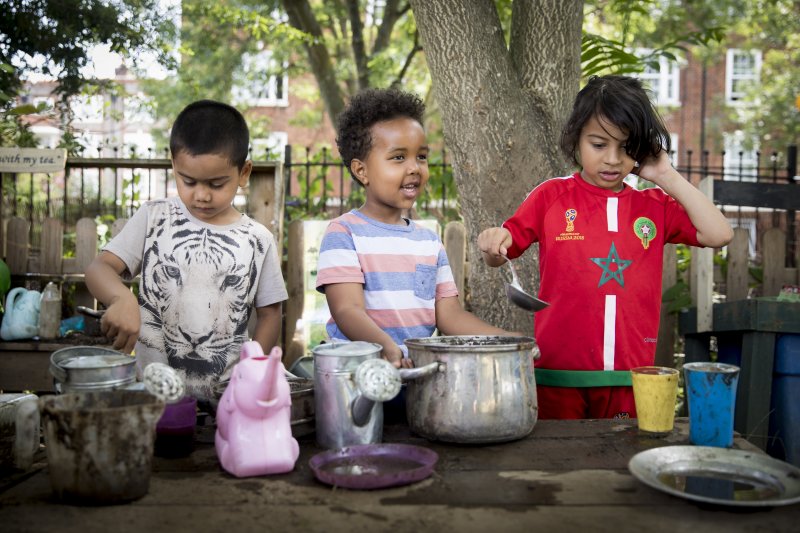Intent
Our Physical Education and School Sport Curriculum at Torriano intends to contribute to the development of lifelong physically active individuals.



Knowledgeable Learners

- By following the STEP (Space, Task , Equipment, People) approach we ensure learning is individual and appropriate for each child.
- We use an innovative pedagogy and choose relevant learning content that our pupils can access and apply to different contexts when required. This includes a range of different sports, gameplay and gymnastics.
- Pupils will achieve competence, confidence and essential skills such as teamwork, effective communication, emotional regulation and leadership skills, through the ‘Move, Think, Connect’ strands.
- We provide opportunities to flourish through physical activity and understand the benefits that being active can bring to our physical health and mental wellbeing.
Confident Communicators

- Pupils will take ownership of their PE learning, identifying their own and other’s strengths and have time to improve.
- Oracy techniques are explicitly used in PE lessons to support children’s learning of knowledge and skills, ensuring subject specific vocabulary is taught and used.
- Children will be given opportunities to reflect and improve on their skills through exploratory talk and group talk opportunities.
- Pupils will use the social and emotional strands of oracy to develop teamwork and positive attitudes within games.
Active Citizens

- We provide positive and exciting experiences that promote a lifetime of participation in physical activity and develop valued citizens preparing them for life, for example the ability to work in a team.
- We will embed the Torriano values in all physical activity to instil positive attitudes inside and outside school.
- We will provide opportunities for children to compete and take part in a variety of physical activities, games and sports, including opportunities to represent their school.
- Children are given many opportunities to take part in competitions and festivals with other schools, supporting the children to be resilient and active in new environments. They are taught how to be great competitors.
- We teach children about the importance of being physically active and the right to be healthy, making links with the PSHE curriculum.

Implementation
- All children receive at least two hours of PE each week, clearly planned into the timetable.
- The PE curriculum is carefully planned to ensure skills progression for all children.
- Teachers monitor progress of student’s skills through observation and use this to plan and differentiate learning for all students.
- All KS2 children take part in an intensive swimming course over a 2 week period in order to create accelerated progress in their swimming ability.
- All children are fully supported across the PE curriculum, ensuring equal access through carefully adapted provision and inclusive sports, such as boccia and wheelchair basketball.
- All children in KS2 and KS1 take part in the Daily Mile, ensuring they are active every day.
- Weekly PE assemblies ensure physical activity is celebrated throughout the school.
- There is an extensive extra-curricular offer, allowing all children to take part in sports clubs before and after school.
- Children are taught about sporting history, a diverse range of sporting figures and given opportunities for sports trips. The cultural capital sport provides is prioritised in the school.
- Staff are given opportunities for CPD and training, including Arsenal coaching, gymnastics coaching and dance teaching from The Place.

Impact
Children leave school having explored a range of sport and physical activity both in and out of school. Children work on their own aspirations in relation to physical education, school sport and physical activity, with most children continuing to participate for enjoyment or competitively in their next stage of their learning. All children should be able to discuss the importance of a healthy lifestyle and how this is achieved as well as developed skills such as teamwork, fair play, self-motivation, resilience and independence.
We measure the impact of our PE curriculum in various ways.
- Pupils should be able to recall game rules, strategies and tactics, use subject specific vocabulary and use their practical skills to know more and do more PE. We look at children’s ability to talk confidently about their learning and recalling key teaching points.
- Capture pupil voice through questioning.
- Children’s self and peer assessment.
- Teachers’ observation and assessment to track progress using the assessment sheet.
- PE premium spend analysis and action plan
- Monitoring of participation at extra-curricular activities and festivals or competitions.
- Report the number of pupils meeting the national curriculum for swimming.
- Planning audits are used to support teachers in delivering high quality lessons.
- Big question and partner discussion to recap previous learning at the start of the lessons or to connect prior knowledge with new knowledge.
- Photo and video analysis of children’s practical work.
Please find the PE progression document here.





